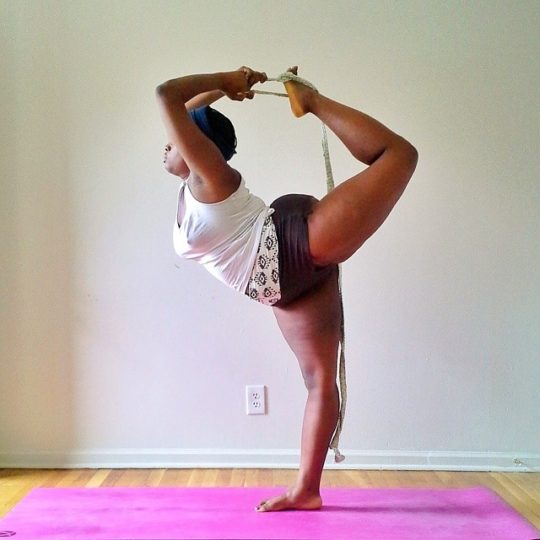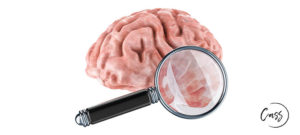
If you’re like most women, you’ve probably been on a diet at some point in your life. In fact, you’ve probably been on several. According to the Australian Bureau of Statistics National Health Survey in 2011-12, 15% of women over the age of 15yrs were on a diet at the time of the survey, with half of them reporting that their diet involved restricting calories for the purpose of losing weight. Other surveys have found that up to 50% of people will diet in any given year.
No-one would blame you if you’re among the many millions of women who believe that being thinner would make you happier. Women and girls get the message loud and clear that thin is the only acceptable and desirable body shape, and it’s this messaging that fuels a weight loss industry worth billions of dollars every year.
One survey in Australia found that only 22% of women were happy with their weight, with 74% wanting to lose weight. Of the three quarters of the female population who wanted to lose weight 68% were in a healthy weight range and 25% were underweight.
Let that sink in for a moment.
The fact is that undertaking a regime of restricting calories for the purpose of making your body smaller has been proven over and over again to not work. Dieting is, in fact, bad for your body, bad for your mind and really, really bad for your self-esteem.
Here are just a few reasons why I discourage dieting:
- When you restrict calories, your metabolism slows down. This means the longer you diet, the less you can eat if you want to continue losing weight. This slowing down of your metabolism doesn’t reverse when you start eating normally again! This was demonstrated by a recent study that followed Biggest Loser contestants for six years and found their bodies fought to regain the weight. After a period of dieting, as soon as you resume your normal calorie intake, your slower metabolism ensures you gain weight much more quickly. This is the yo-yo effect we all know so well.
- Failure to lose weight despite your best efforts causes you to feel badly about yourself. Again, the mistaken belief is that if you’re not managing to lose weight and keep it off, you’re just not trying hard enough or you’re somehow lacking discipline. Feeling badly about yourself is a trigger for many people to eat more.
- A couple of now famous studies have highlighted the psychological effects of food deprivation. In the Minnesota Starvation study, healthy weight men were required to drastically limit their caloric intake to mimic the effects of starvation during the war. They quickly became obsessed with food and even after the study was over, many of them chose to put themselves back on a diet as they’d become so preoccupied with their body weight. In the ‘milkshake’ study [Herman, C.P. & Mack, D. 1975. Restrained and unrestrained eating. Journal of Personality(43), 647–660] dieters and non-dieters were given the option of eating ice-cream after already drinking a milkshake. The dieters were repeatedly shown to eat more ice-cream than non-dieters. This is thought to be due to the all or nothing thinking (or the “in for a penny, in for a pound” effect) that occurs when you ‘blow’ your diet.
What’s the alternative?
It’s hard to shake the firmly entrenched thinking patterns around food and weight that form in your earliest years. But for your physical wellbeing and for the sake of your sanity, it’s important to start shifting your thinking away from the idea of dieting and weight loss and focus instead on optimal health and fitness.
Rather than focusing on calorie restriction and numbers on scales, try making these small changes:
- Throw away your scales.
Weight is no indication of health, beauty, strength or fitness. Constantly weighing your body can wreak havoc on your mood and undermine your motivation.
- “Focus on the fit, not the fat.”
Set yourself goals around strength, flexibility and fitness rather than numbers on scales. Celebrate your body for what it can do, not how it looks.
- Eat for nutrition and pleasure.
When you demonise food or certain food groups, your mind closes in around what you ‘can’t’ eat and wants it more. Rather than eating (or not eating) for thinness, educate yourself on the nutritional value of food and eat for energy.
Changing your attitude around weight and dieting is especially challenging if you do have excess weight to lose, or if you’ve been told by a medical professional that you need to lose weight for your health. Still, the shift in mindset away from shape and size towards energy, health, mobility and longevity will help you to be fitter, healthier and happier in the long term, even if it takes a little longer to get the results you want (or if it means you never reach the ‘ideal’ body shape, which is unrealistic for many people).
The verdict in regard to dieting is very clear, so please don’t waste another day of your life on a diet.

P.S. Tiff Hall and I recorded a whole episode on this very topic in our Crappy to Happy podcast. If you’d like to listen to it as well as a whole lot of other really useful stuff to help you live a happier life, you subscribe on iTunes HERE.
P.P.S. If you think it would be awesome to join a whole lot of like-minded women throwing away the scales and getting HAPPY-FIT, strong and healthy in a body positive way, get on over to www.tiffxo.com and join us for next month!






